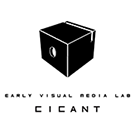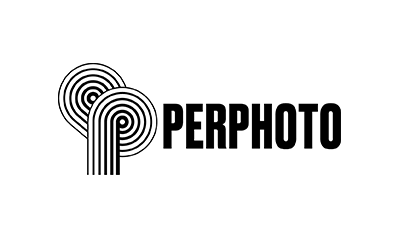Stereo Realism as Ideology: The Underwood Boxed Set [EN]
Rod Bantjes
The idea that stereoscopy can be a mimetic invocation of the real, an immediate re-presentation of visual truth, is ideological. In this paper I am interested in the ways in which the myth of stereoscopic realism has been enlisted in ideological constructions of social and political “realities.” I use the 1914 Underwood & Underwood boxed set of 100 views of the United States as an exemplar of a new American paradigm of mass- produced, mass-marketed “world narratives.” The images conform to a standardized, anonymous aesthetic by which a particular vision claims universality and cold objectivity. The text on each card offers a tightly controlled ideological gloss on each depicted scene. The bound set, with its impressive tally of 100 views claims a completeness for a story that is remarkable for its suppressions and silences. Text and image offer a triumphal celebration of modernization – industrial homogenization, labour rationalization, large-scale industrial organization and monopoly ownership, and the systematic machine- exploitation of nature. Meaning is reduced to utility, represented in numbers and dollar figures: a bridge worth “$10,000,000,” a dis-assembly line of pig carcasses extending for “1⁄4 mile.” There is no hint of the abuses of monopoly power, oppressive labour conditions or the popular counter-movements of the time – Progressivism and the labour movement. The treatment of nature is remarkable for its contrast with European stereoscopy where nature is “pastoralized” and the industrialization of agriculture is framed out of view or where the machine intrudes, as it does in many tissue views, as a dark, menacing presence. The Underwoods celebrate machine domination, and when they depict wilderness, it is not with the humility of vision of contemporaries like John Muir or other members of the conservation movement, but always through the motif of the conquering gaze. Realism in the American genre of the boxed set is deployed, as realism often is, in a project of making reality according to a particular set of values and for the benefit of particular power interests in society.
Organization


Partners





Campo Grande, 376, 1749 - 024 Lisboa | Tel.: 217 515 500 | Fax: 21 757 7006
Copyright © 2021 COFAC. Todos os direitos reservados. Gestão de conteúdos por Producao Multimédia
